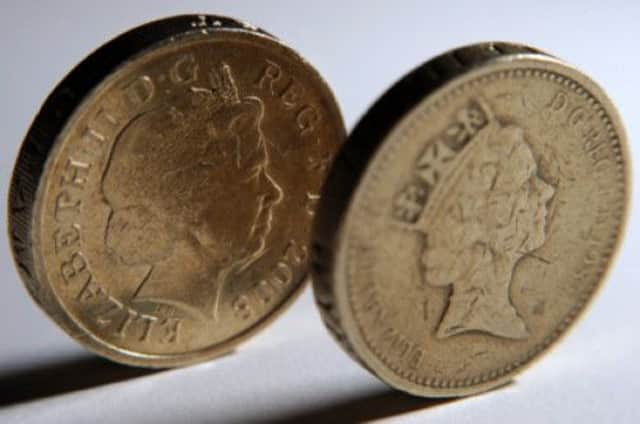Council tax freeze ‘benefits leafy suburbs not poor’


SEE ALSO:
The report by the Unison union concludes that families in the most expensive homes are saving three times as much as those in the cheapest houses as a result of the freeze.
It warns that Scotland’s 32 councils are searching for ways to boost their funding and so increasing the cost of rents, school meals and day centre costs. The union is now calling for a fresh debate to be had over the freeze, first put in place by the SNP government in 2007.
Advertisement
Hide AdAdvertisement
Hide AdThe freeze has proven to be overwhelmingly popular with the public, with SNP ministers now having pledged to maintain it for the full five years of this parliament.
They insisted last night that, when taken as a proportion of people’s incomes, the benefit of the freeze was greatest among those most deprived.
But the government is now facing growing pressure over its impact. Last week, a report by the Joseph Rowntree Foundation said the freeze was damaging to low-income families and was subsidising wealthier families. That lost subsidy, the foundation said, could have been used to mitigate the social risks being faced by vulnerable and disadvantaged groups.
Unison’s probe concluded that households in band-H homes were saving £441 a year thanks to the freeze. That compared with a saving of £147 a year for band-A homes.
Since the freeze came in, the union found that rents in Edinburgh had risen from £61.57 a week for a three-bedroom house to £85.55 a week.
The increase means such households are paying £1,237 more per year. Unison said a 3 per cent increase in council tax over that period would have resulted in an average increase of £330 per household.
Dave Watson, Unison Scotland head of bargaining and campaigns, said: “It is clear the council tax freeze is costing public services – and those who rely on them most – very dearly indeed.
“People on modest incomes are having to pay far more for costs like their rent, school meals for their kids and charges for care in day centres for their vulnerable relatives – and still services are being cut back.
Advertisement
Hide AdAdvertisement
Hide Ad“Meanwhile, those in the leafier suburbs benefit most from the unfair council tax freeze.”
However, a spokeswoman for the Scottish Government insisted that the freeze was helping “hard-pressed households”.
She said: “Lower-income households who are liable for council tax are estimated to see the greatest benefit as a proportion of their household income, with the average household set to benefit by around £1,200 by the end of this parliament.”